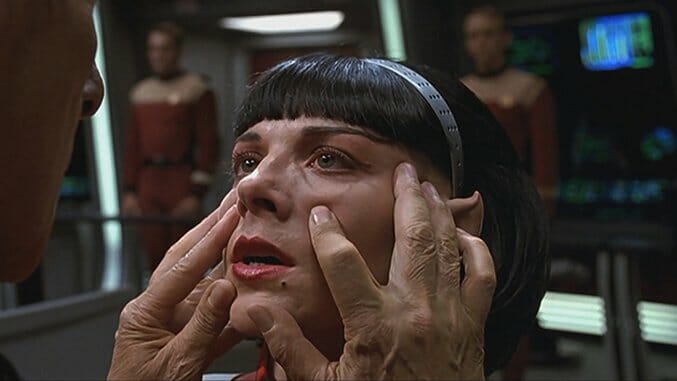An Ear for Film: BEE v SJW: Dawn of the Birth of a Nation

Each week or so, Dom plumbs the depths of podcast nation to bring you the best in cinema-related chats and programs. If writing about music is like dancing about architecture, then writing about movie podcasts is like listening to someone describe someone dancing about architecture.
Have a suggestion for a good movie podcast? Slide into Dom’s DMs on Twitter.
As a person who listens to a lot of podcasts and a person who also semi-regularly writes a column about my idea of what constitutes a podcast I’ll want to listen to, I usually gravitate toward conversations that don’t tacitly shut me out. Which has little to do with validation, and everything to do with the way in which a good podcast can have a dialogue with the listener without functionally doing so.
And yet, I’m an inveterate listener to Bret Easton Ellis’s podcast even though I find him mostly insufferable: Despite glaring inaccuracies or regular contradictions in his supposedly authoritative opinions, there rarely feels in a podcast like Ellis’s that hosts leave room for interpretation, or argument, or mental space for the listener to question, let alone implicitly argue with, the opinions being offered. The one-sidedness of podcast listening is taken for granted—rolled around in; licked—rather than toyed with as an obstacle to healthy discourse.
I bring this up because on last week’s B.E.E. podcast, Ellis began his episode as he usually does, with a diatribe often lambasting what he sees as the downfall of American free speech and the championing of pathetic neo-liberalism or whatever, this time namechecking Nate Parker’s The Birth of a Nation in order to unleash his soft-spoken tirade against “victimization” and his claim that all of us SJWs are just sucking that shit up like sweet milk. Whether or not you think that Nate Parker’s rape allegations and the subsequent suicide of the woman involved should affect your opinion and support of the film, there’s no denying that these are issues worth considering when consuming any art. Only ideally can we divorce the art from the artist. The reality of the idea of “support” is so much more complicated.
“If you define yourself through a trauma that happened to you and it defines a part of you, then you are sick and probably need help,” Ellis said. Of course, when Ellis talks you can practically hear him holding out a carrot and hoping that ultra-liberals will bite, but there’s something so much more sinister to his words than just the idea that people who let trauma swallow them are people who objectively need help. There’s something so much more troubling to Ellis’s belief that decrying Parker’s actions (or the deplorable actions of any artist, proven or otherwise) a decade and a half after a court found him not guilty, prevents the thriving of truly subversive, and thus progressive, art.
Ellis emphasizes the fact that Parker was acquitted of rape charges, almost as if he believes blindly in the American legal system as an unparalleled, immutable standard—but that’s beside the point. What Ellis is really perpetuating (or at least totally ignoring) is the cold fact that we live in an economy of silence. Victims stay victims because they have no salient means to overcome that deeply rooted feeling of victimization, especially when the consequences of saying anything, let alone just stating that it happened without making a specific accusation, are typically greeted by the exact response Ellis is offering up so stupidly: Forget whether or not we believe you, just get the fuck over it.
That Ellis then attempts to shove these comments into the realm of free speech, which he uses as a parlay into an interview with director Larry Clark, is about as deftly handled as Ellis’s script to The Curse of Downer’s Grove. Clark doesn’t bite, and obviously has no idea what Ellis might be trying to get at, probably because Ellis is conflating provocation with cinematic realism with free speech with neo-liberalism with victimization with being an “adult.” Eventually, as do most of Ellis’s arguments, the whole thing just stops making much sense, slamming dick-first into a logical wall.
-

-

-

-

-

-

-

-

-

-

-

-

-

-

-

-

-

-

-

-

-

-

-

-

-

-

-

-

-

-

-

-

-

-

-

-

-

-

-

-

 Denzel Washington is the Greatest Actor of All Time Period
Denzel Washington is the Greatest Actor of All Time Period Someone Else’s Movie
Someone Else’s Movie The Film Comment Podcast
The Film Comment Podcast






































